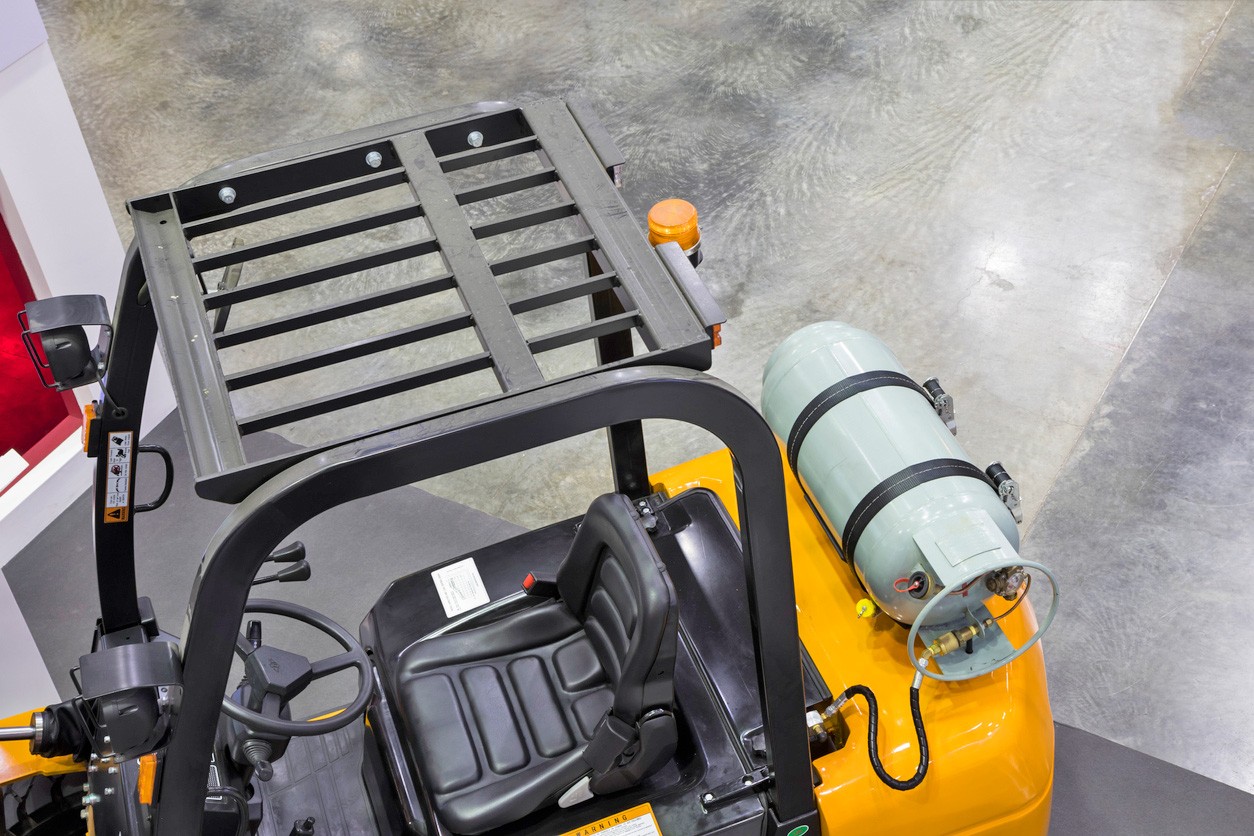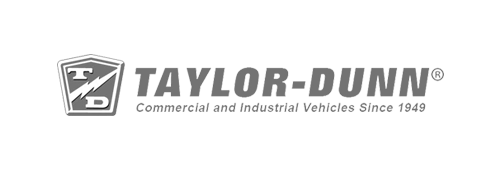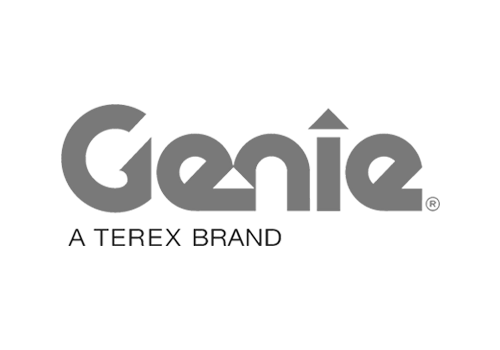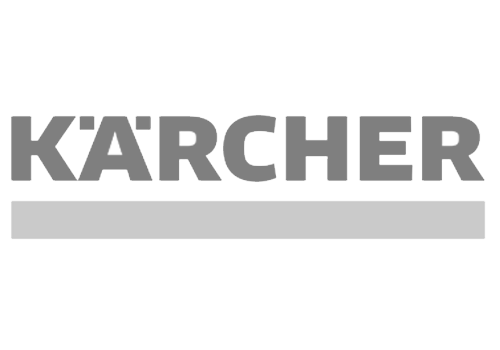
The benefits of regular forklift maintenance have been proven. Material handling facilities experience less downtime, lower repair costs, and longer equipment lifespan with regularly scheduled service by experienced techs. At the same time, regular forklift inspections can identify any problems before they escalate and require costly repairs. Here, Barclay Brand Ferdon shares a forklift maintenance checklist to keep your fleet in optimal condition.
Safety Checks
When forklift safety equipment works properly, operators can avoid workplace accidents, damage to facilities and products, and more. Your regular forklift maintenance schedule should include:
- Checks of all lights, horns, audible alarms, and other indicators
- A review of the instrument panel and gauges
- A thorough inspection of the seat, including the operator presence sensing system, mounting, and seatbelts
- Inspection of load backrest and overhead guard for damage
- Cleaning mirrors and ensuring they can be adjusted as needed
- Testing brakes and checking brake fluid levels
Engine, Electrical Systems, and Battery Checks
Whether you rely on internal combustion, LP gas, or electrical forklifts, you’ll want to keep the motor and power systems working as expected. Forklift maintenance for engines, batteries, and drive systems includes:
- Checking fluids and filters; clean and make replacements as needed
- Inspecting belts, hoses, and connectors; note and repair any damage
- Confirming the clutch operates properly
- Inspecting the drive unit, clutch, torque converter, transmission, and differential
- Performing a thorough inspection of the exhaust system
- Inspecting the battery, including:
- Case
- Connectors
- Terminals
- Electrolyte levels
- Gravity level
- Looking for cracks in the distributor cap
- Confirming proper controller operation
- Checking fuses and spark plugs; replace as needed
- Cleaning contacts and noting any damage
- Inspecting the directional lever
Operators should also listen for any unusual noises once the lift truck has been powered on. Grinding, squealing, growling, and other sounds may indicate the need for repairs.
Tires and Steering Components Checks
Damaged tires and problematic steering increase handling difficulty and create safety risks for everyone working in your facility. Regularly inspect these components by doing all of the following:
- Noting any cracks, bald spots, or other damage and wear on tires and scheduling replacement if needed
- Inspecting rims, side rings, axles, and wheel bearings
- Checking power steering components, including mount and oil levels
- Tightening hub nuts if needed
Hydraulic Checks
Repairs to hydraulic systems can be costly, and neglecting forklift inspections and maintenance in this area may lead to extended downtime. Test operation regularly, monitor lifting speed and drop, and conduct the following:
- Replacing filters as needed
- Checking all components for damage, looseness, and other concerns
- Monitoring oil level and checking for contamination
- Checking pump, cylinder, and control valve for leaks
- Tightening levers as needed
Forks, Chains, Mast, and Attachments
A lift truck’s forks and attachments are just as essential as other components, and inspection of these parts should never be overlooked. Operators should conduct frequent checks for damage and wear, along with the following steps:
- Lubricating chains regularly
- Inspecting chains for tension and examining the chain wheel and anchor bolt
- Inspecting the mast, mast rollers, and mast strip
- Reviewing the lift bracket
- Confirming that attachments are properly mounted and operate as expected
Simplify Forklift Maintenance with Planned Maintenance Services
If these checks seem like a lot of work, you’re not alone in thinking so. Many material handling facilities lack the in-house resources to stay on top of scheduled maintenance and inspections. If your business needs support to keep lift trucks operating as they should, contact Barclay Brand Ferdon to learn more about our planned maintenance services for facilities throughout Northern NJ and select areas of NY. Our technicians can develop a program suited to your fleet and your budget to protect your equipment, operators, and bottom line.







